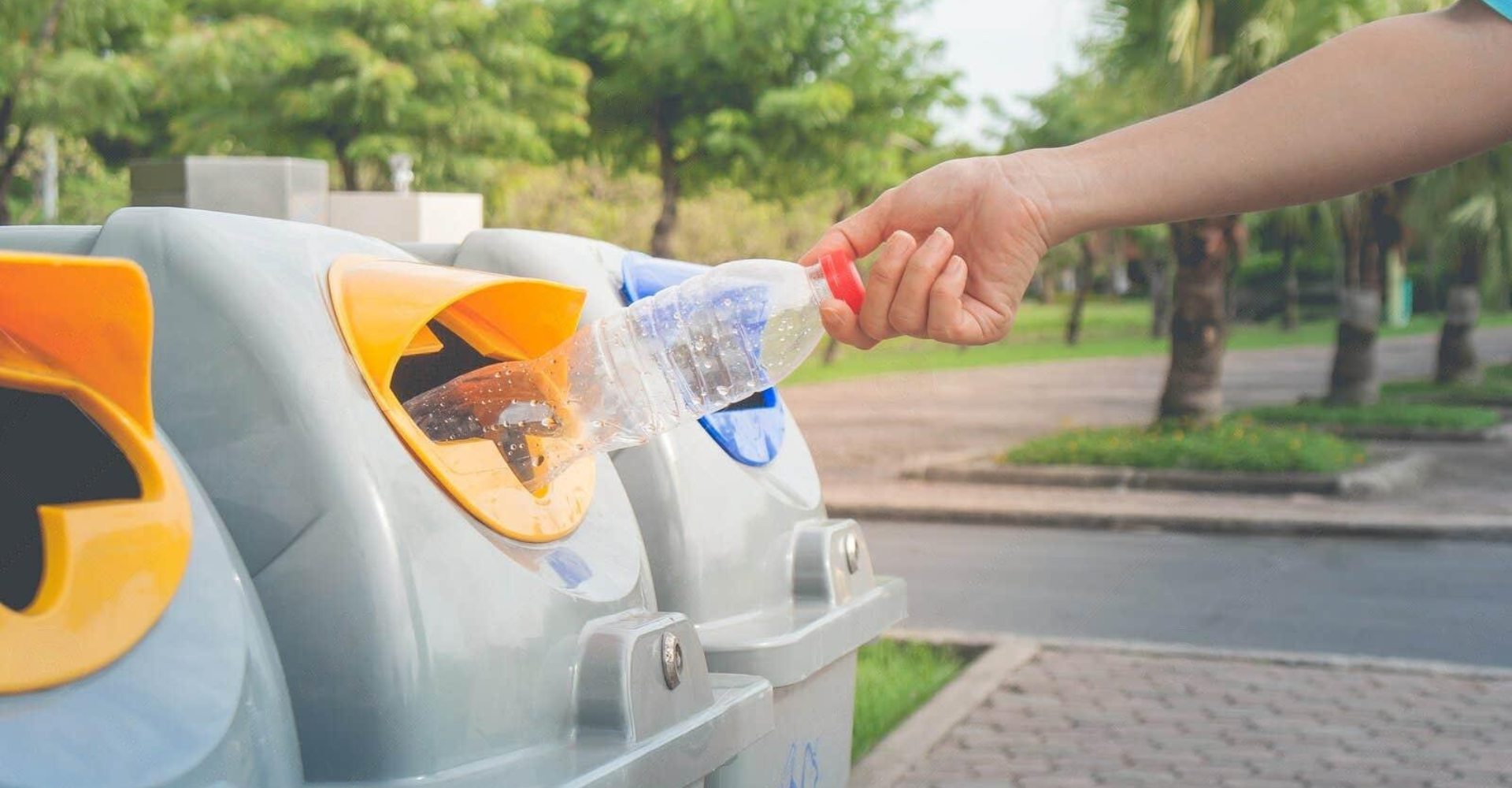Each country has its own “Plastic Overshoot Day”, determined by the amount of
plastic waste generated and the country’s capacity to manage it. India will
reach its Plastic Overshoot Day on April 23, it said.
“The data is unequivocal: improvements in waste management capacity are outpaced
by rising plastic production, making progress almost invisible,” Sarah Perreard,
Co-CEO, at EA Earth Action & Plastic Footprint Network, said.
“The assumption that increased recycling and waste management capacity will
solve the plastic crisis is flawed. Without aggressive reduction at the source,
our struggle against plastic pollution will be a holding pattern at best,”
Perreard said.
How microplastics impact our health
When we sip water from plastic bottles, we unknowingly ingest these microplastics and the refreshing liquid. Studies have detected microplastic particles in bottled water samples from around the world, raising concerns about the potential health implications of this widespread contamination. Various chemicals have the ability to seep into our bodies from things like plastic bottles and dermatological products. Serious health problems like insulin resistance, weight gain, endocrine disruption, lowered reproductive health and even cancer have all been related to these chemicals.
While the long-term effects of consuming microplastics are still being studied, evidence suggests they may pose risks to human health, including inflammation, oxidative stress, and the potential to transfer harmful chemicals found in plastics.
What can we do to mitigate the impact of plastic bottles?
The takeaway Lastly, the environmental impact of our plastic bottle habit cannot be overstated. Single-use plastic bottles contribute to pollution, harming marine life and ecosystems, and perpetuating the cycle of plastic waste. We must advocate for sustainable alternatives and educate others about the importance of reducing plastic consumption for both personal and planetary health. Support initiatives aimed at reducing plastic pollution by carrying your own water bottle made from safe materials everywhere you go. This will not only help reduce the pollution burden from the planet but also keep you away from many health dysfunctions.
According to Eshanka Wahi, culinary nutritionist, holistic wellness coach,
founder of Eat Clean with Eshanka, “Firstly, opt for reusable water bottles made
from materials such as stainless steel, glass, or BPA-free plastic. Not only are
these alternatives better for the environment, but they also help minimize our
exposure to microplastics.”
“Secondly, invest in water filtration systems that can effectively remove
contaminants, including microplastics, from tap water. While no filtration
method is perfect, choosing systems with advanced filtration technologies can
significantly reduce the presence of microplastics in drinking water,” she adds.


0 Comments
Leave a Reply
Your email address will not be published. Required fields are marked *